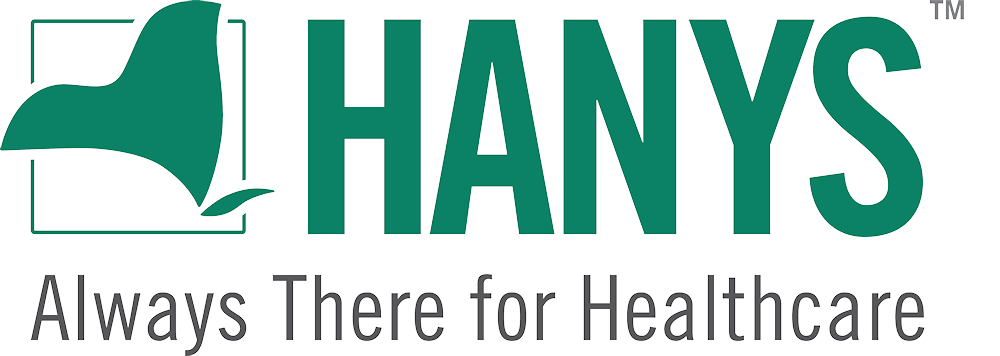
NewYork-Presbyterian equips community to fight opioid overdose
The sudden onset of the COVID-19 pandemic largely overshadowed the growing opioid overdose crisis this past year. However, vulnerable populations continue to be at risk; overdoses are surging across the U.S. as the coronavirus pandemic rages on, limiting treatment resources. In 2015, NewYork-Presbyterian Hospital and Weill Cornell Medicine initiated the Community Naloxone Rescue Kit Trainings program to teach people how to effectively respond to opioid overdoses.
The Community Naloxone Rescue Kit Trainings program is part of NewYork-Presbyterian Hospital’s and Weill Cornell Medicine’s response to the overwhelming rise in opioid overdose and associated fatalities in New York City. This project corresponds with the New York state Prevention Agenda priority area, “Promote Well-being and Prevent Mental and Substance Use Disorders” goal 2.2, “Prevent Opioid and Other Substance Misuse and Deaths.” The distribution of rescue kits and training of individuals to respond in an overdose situation is supported by the New York State Surgeon General and the New York City Department of Health and Mental Hygiene.
To ensure success, NewYork-Presbyterian partnered with an array of community organizations, including Urban Pathways, Roosevelt Island Police, House of Yes, Birch Wathen Lenox, Quest to Learn, Hunter College, Columbia University Graduate School of Journalism, Columbia School of Social Work and Columbia University School of Nursing.
The rescue kits distributed not only save lives, but provide an opportunity to connect individuals to treatment, helping more individuals access needed care. The hospital found that a portion of the public is very receptive to this program and are desperate for support. However, there remains significant work to be done in reducing the stigma of addiction.
The program has distributed more than 1,000 Naloxone rescue kits each year. Public awareness of and ability to identify and respond to opioid overdoses increased. This program enhanced the ability of individuals to recognize the signs of overdose and feel comfortable using the rescue kits to provide assistance. The stigma of opioid addiction and overdose was reduced by increasing familiarity and knowledge among individuals attending training sessions. Trainings are currently being held via Zoom to ensure participant safety.
For more information, contact Jonathan Avery, MD, director, addiction psychiatry, at joa9070@med.cornell.edu or (212) 746-3738.

